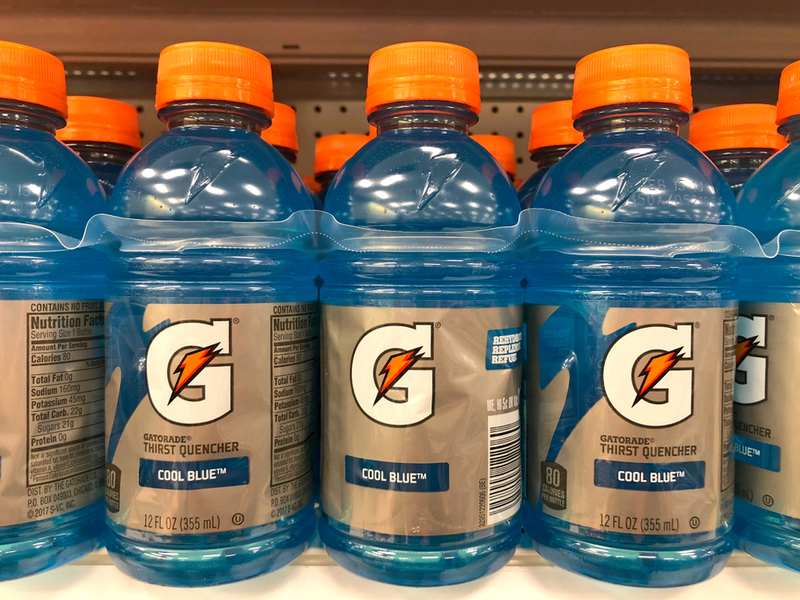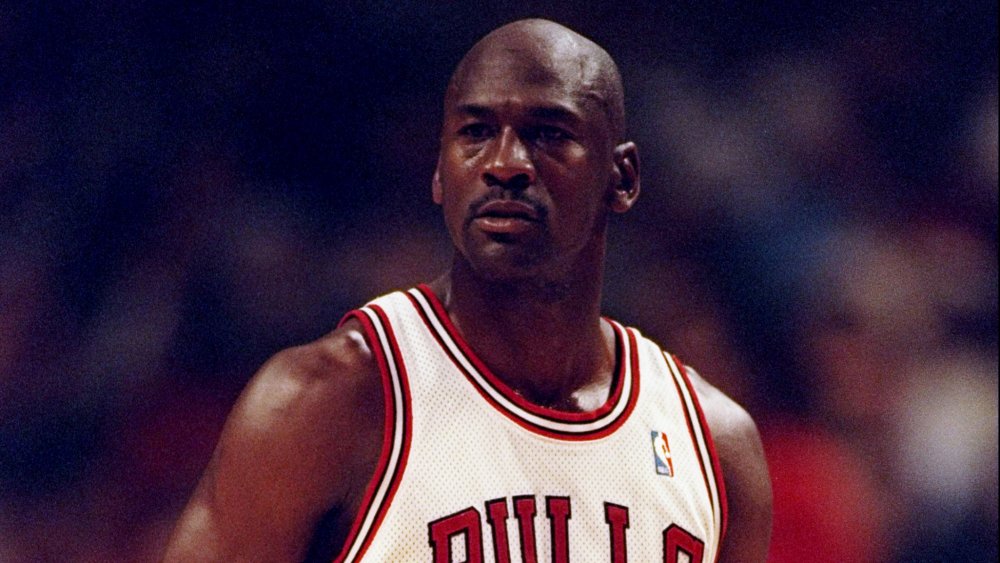
The Truth Behind Gatorade

Gatorade has certainly come a long way from its humble beginnings at the University of Florida (named for the Florida Gators, of course) in 1965. These days, just about every big shot pro athlete from Derek Jeter to Serena Williams has teamed up with the beverage company’s marketing department. Gatorade’s rise to sports drink world domination hasn’t come without some controversy along the way, though. Here’s everything you didn’t know about that neon-colored drink from the sunshine state.
It Used to Be Really Gross
These days you can get Gatorade in several tasty flavors. However, back in Gatorade’s early days, that wasn’t the case, and it tasted pretty darn gross. When Dr. Robert Cade was first developing the drink down in Gainesville, Florida, it was mostly made of water, fructose, sodium citrate, and monopotassium. Mmmm, right? Not hardly. The drink reportedly tasted so bad that some athletes vomited after drinking it.

Cade was a physician specializing in nephrology and was focused on the kidneys, not taste. The hurdle that he had to overcome wasn’t just finding a way for his new drink to replenish the body with electrolytes but also to do so so that athletes could stomach during a hot day on the football field. While he could have taken the concoction to an already existing beverage company and had them find a way to make it taste better, Cade decided to do it himself in a very odd way.
It Might Be More Harmful Than it is Healthy
The whole idea behind sports drinks is that they replenish your body with electrolytes, which are needed for proper nerve, muscle, and brain function. The added electrolytes and carbs for energy in Gatorade are the selling point of the drink. The downside to Gatorade is that it does contain a lot of sugar, as much as 34 grams in a 20-ounce bottle. That might be fine if you’re running up and down a football field for three hours, but not so good if you’re sitting at home watching Netflix. It also contains various food dyes like Red 40 and Yellow 5, linked to health risks such as cancer.

The Real Reason Olympic Sports Have Strict Dress Codes

The Story Of The Man Who Introduced Hotdogs To Baseball Fans

The Truth About Stone Cold Steve Austin And The Rock's Friendship

How Much Does Gonzaga Basketball Coach Mark Few Get Paid?

The Surprising Truth About Michael Jordan's Flu Game

This Was Bruce Lee's Hidden Passion

The Tragic Death Of World Cup Soccer Player Sam Okwaraji

Mark McGwire Is Worth A Lot More Than You Think

The Tragic Real-Life Story Of LeBron James

How Much Dude Perfect Is Really Worth






















